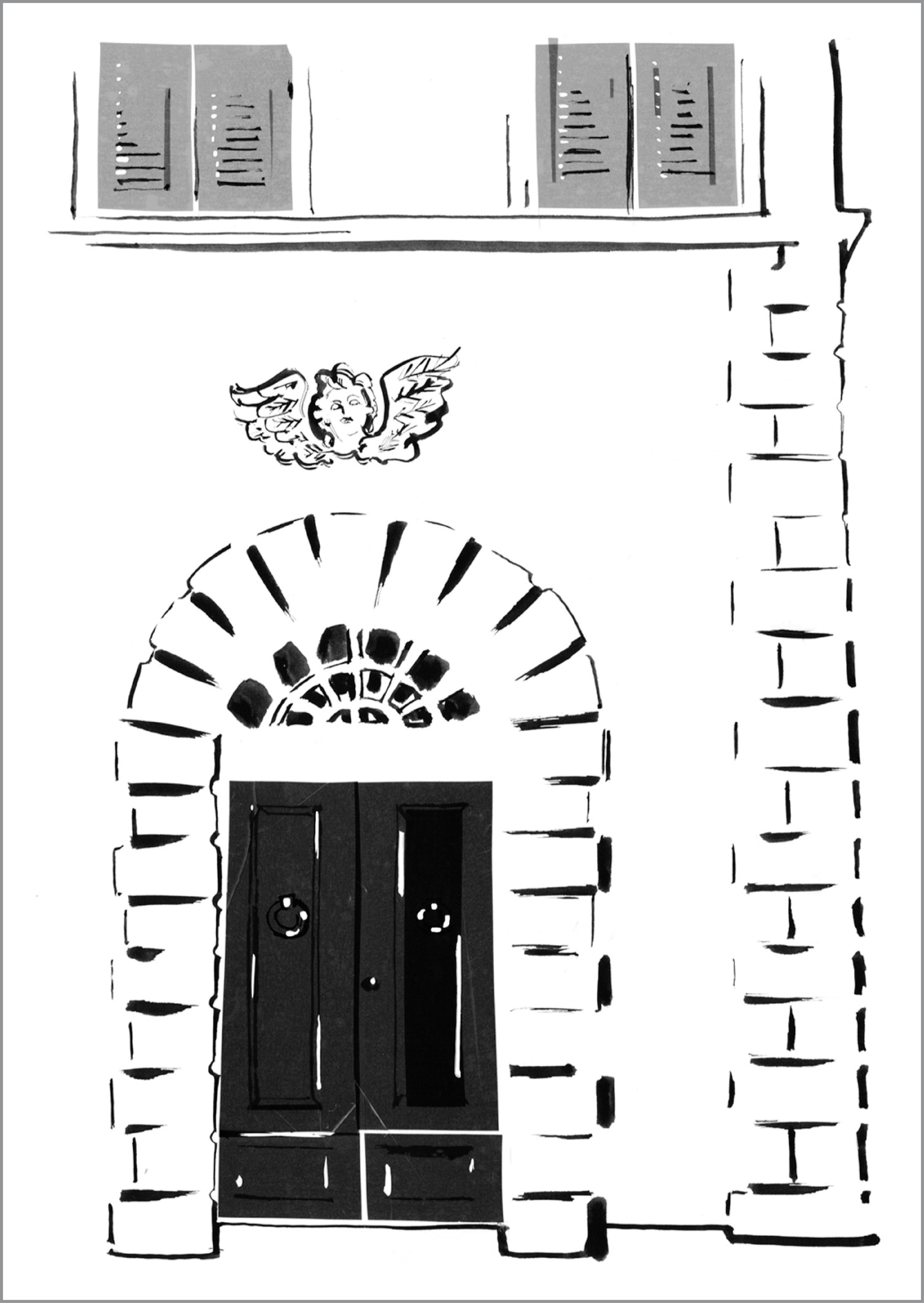ALSO BY KAMIN MOHAMMADI
The Cypress Tree
Copyright 2018 by Kamin Mohammadi
All rights reserved. The use of any part of this publication, reproduced, transmitted in any form or by any means, electronic, mechanical, photocopying, recording, or otherwise, or stored in a retrieval system, without the prior written consent of the publisheror, in case of photocopying or other reprographic copying, license from the Canadian Copyright Licensing Agencyis an infringement of the copyright law.
Appetite by Random House and colophon are registered trademarks of Penguin Random House LLC.
Library and Archives Canada Cataloguing in Publication is available upon request.
ISBN: 9780449016749
eBook ISBN: 9780147529817
Illustrations Jacqueline Bissett
Ebook design adapted from printed book design by Janet Hansen
Published in Canada by Appetite by Random House, a division of Penguin Random House Canada Limited.
www.penguinrandomhouse.ca

v5.2
ep
For Old Roberto
the tortoise to my cypress
who would have loved to see himself in print
Tutto quel che vedete lo devo agli spaghetti.
Everything you see, I owe to spaghetti.
SOPHIA LOREN
Prologue
She walks down the street with a swing in her step and a lift to her head. She radiates allure as if followed by a personal spotlight. She may be tall or short, slim or pneumatically curvaceous, dressed discreetly or ostentatiouslyit matters not. Her gait, her composure, the very tilt of her head is an ode to grace and self-possession that makes her beautiful whatever her actual features reveal. She is Sophia Loren, Gina Lollobrigida, Claudia Cardinale, Monica Bellucci. She is the Italian woman glorified on celluloid and on the nightly passeggiata you see on your Italian vacationsbut she is no figment of the admans imagination. She is real and gracing the streets of every city, town, and village in Italy right now. She is the embodiment of bella figura and she cuts an elegant dash through our mundane modern world.
When I arrived in Florence, I could not have been further from this ideal. Decades of working at the computer had rounded my shoulders, years of looking down into a laptop or phone had slackened my jawline and compressed my neck. The stress of a demanding job and big-city life had hardened my features. My eyes were fixed to the ground as I hurried through life, with no time to throw anyone a smile let alone a kind word. Single for years, my loneliness had calcified. I didnt so much strut with confidence as cringe down the street.
A year in Florenceand discovering bella figurachanged my life.
The concept of bella figura is about making every aspect of life as beautiful as it can be, whether in Rome, London, New York, or Vancouver. It is a notion at once romantic and practical. It encompasses everything we do, from what we eat to how we get to work in the mornings. Its about sensuality and sexuality. Its about banishing the stress that, no matter how few carbs we eat and how vigorously we exercise, means our bodies are so shut down we can only ever look harrowed and pinched. Bella figura is about generosity and abundance, not meanness or deprivation. The Italian woman who lives the bella figura knows the importance of beautiful manners and a graceful demeanor, not as a nod to a bygone era, but as a means of making the face until it fitsits a proven fact that if we smile genuinely often enough, we release the happy hormone serotonin. All of this improves not only our quality of life but also the quantity of years we have.
While this book will touch on details about already well-documented benefits of the Mediterranean diet, what follows in these pages is, instead, the story of a journey. Ten years ago I moved to Florence quite by accident, and that first year I spent there changed my life, my body, and the shape of my heart. I believe that what I learned can change yours too.

1

JANUARY 2008
Festina lente
or HOW TO SLOW DOWN
PRODUCE IN SEASON blood oranges
SCENT OF THE CITY woodsmoke
ITALIAN MOMENT my apartment is in a palazzo!
ITALIAN WORD OF THE MONTH salve
It all began with rain. It fell in heavy sheets as I was lined up waiting for a taxi at Santa Maria Novella train station in Florence. The line was not under cover and I didnt have an umbrella. By the time I got into the cab, I was soaking wet.
I was in a city where I didnt know a soul, unanchored from work, friends and family, a piece of human flotsam washed up in its Renaissance gutters. All I had, clutched in my damp hand, was the address of the apartment where I was to stay. As I reached the top of the line, I uncrumpled it, showed it to the cab driver, and got in. He grunted and pulled out, frowning at the thought of a puddle forming at my feet behind him.
We swept through the slick cobbled streets. The heating was on full blast and my sodden coat was fogging up the cab. I peered through steamed-up windows at the stone walls of ancient buildings rising up on either side of the road, water dripping off their deep eaves. The streets were desertedit was January 2 and the city was still sleeping off its hangover. My own New Years Eve had been spent stuffing boxes into corners in my parents apartment under the beady eye of my mother, who said nothing but whose every breath asked me what on earth I thought I was doing, giving up a good apartment and a job so prestigious it came with embossed business cards to move my possessions into her already overcrowded apartment and flit off to Florence to play at being a writer. I may as well have announced I was going to Italy to run a brothel.
The cab driver slowed down, gestured to the left and grunted. I turned around to take in the majestic proportions of a colonnaded piazza, a cathedral looming up at the end of the square, its white faade reflected in the glistening ground. My mouth fell open.
It wasnt just the beauty of the square, but the theatricality of it too; the way the eye was led to the faade of the church. Si chiama Santa Croce, the driver said. Then, indicating the statue of a scowling man, he said, E quello li Dante. Dante looked as grumpy and bad-tempered as my cab driver, yet I was cheered. The man credited with inventing the modern Italian language in his


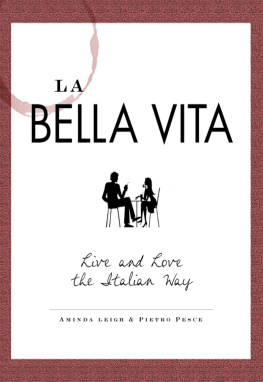
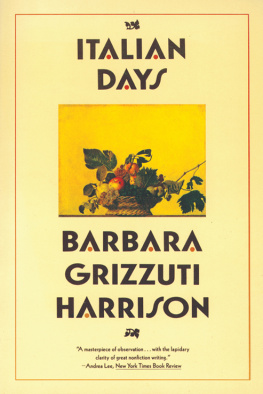
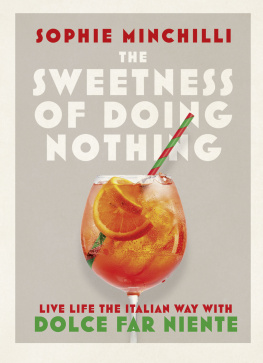
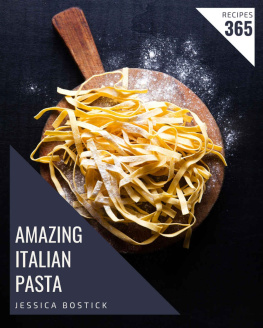


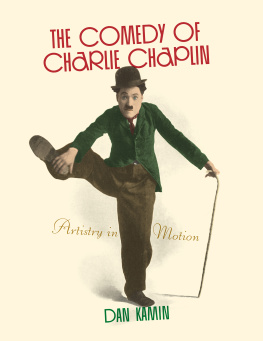
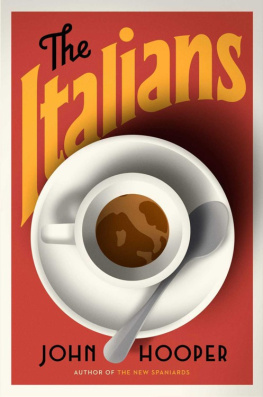
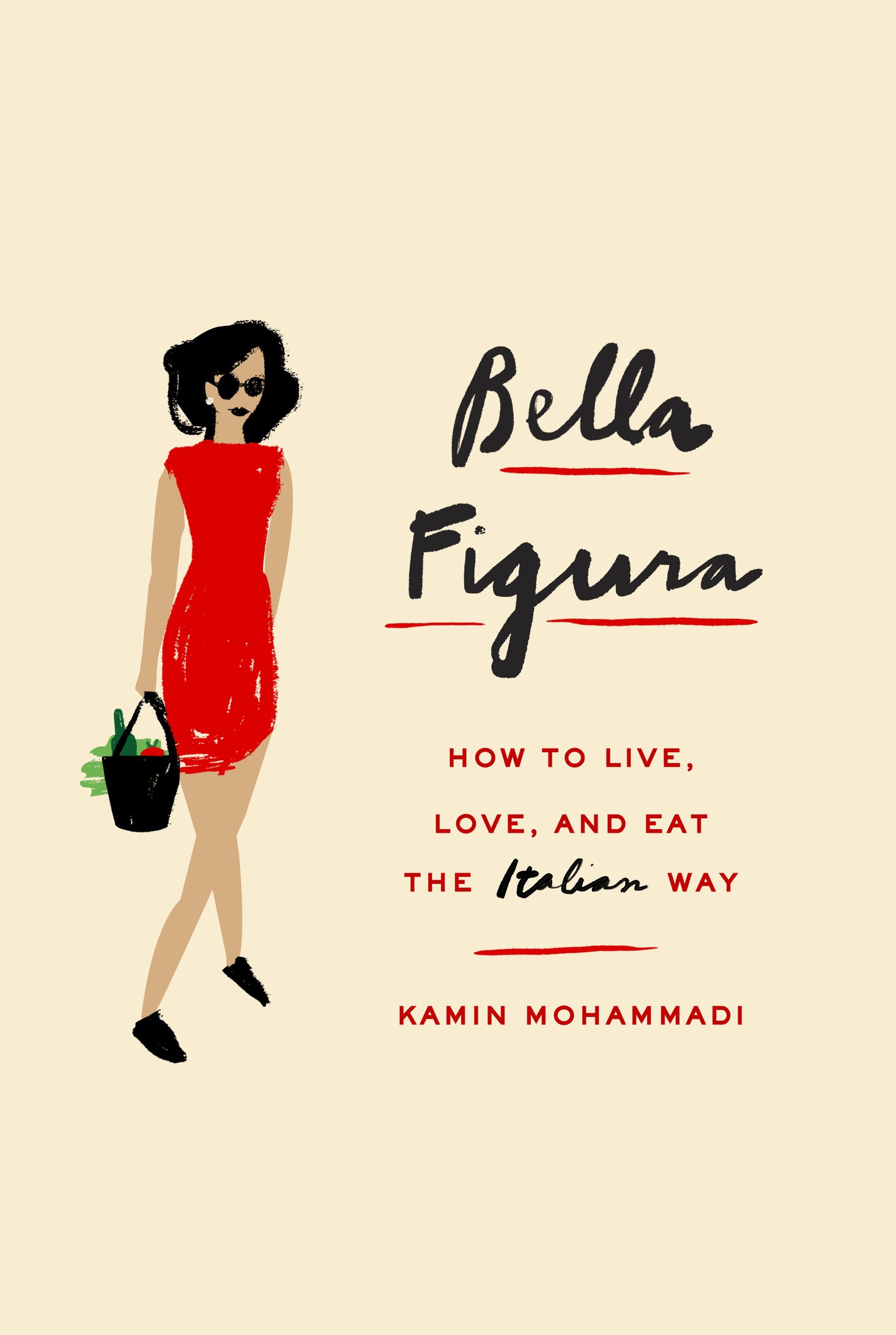
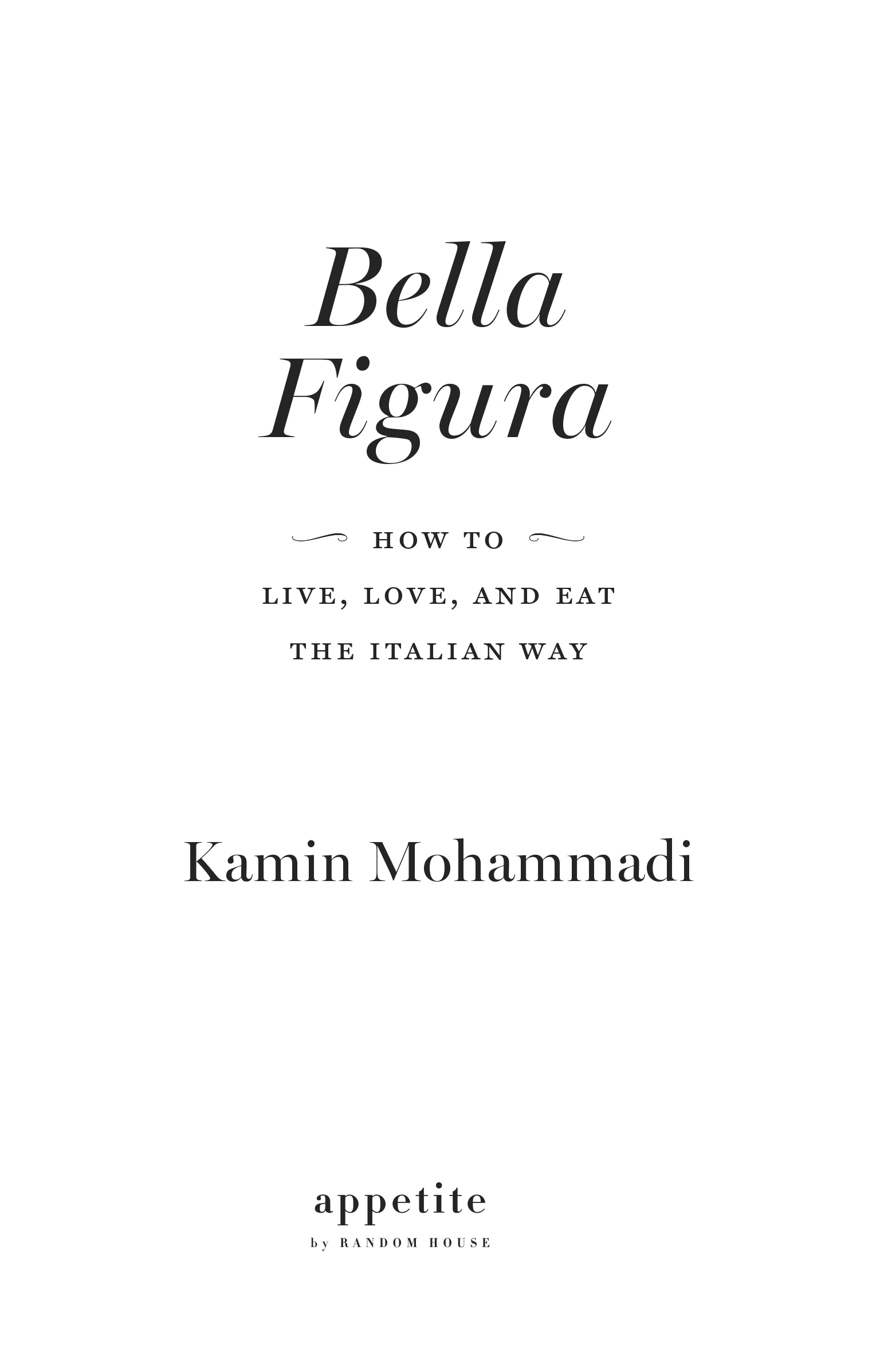

 1
1 

